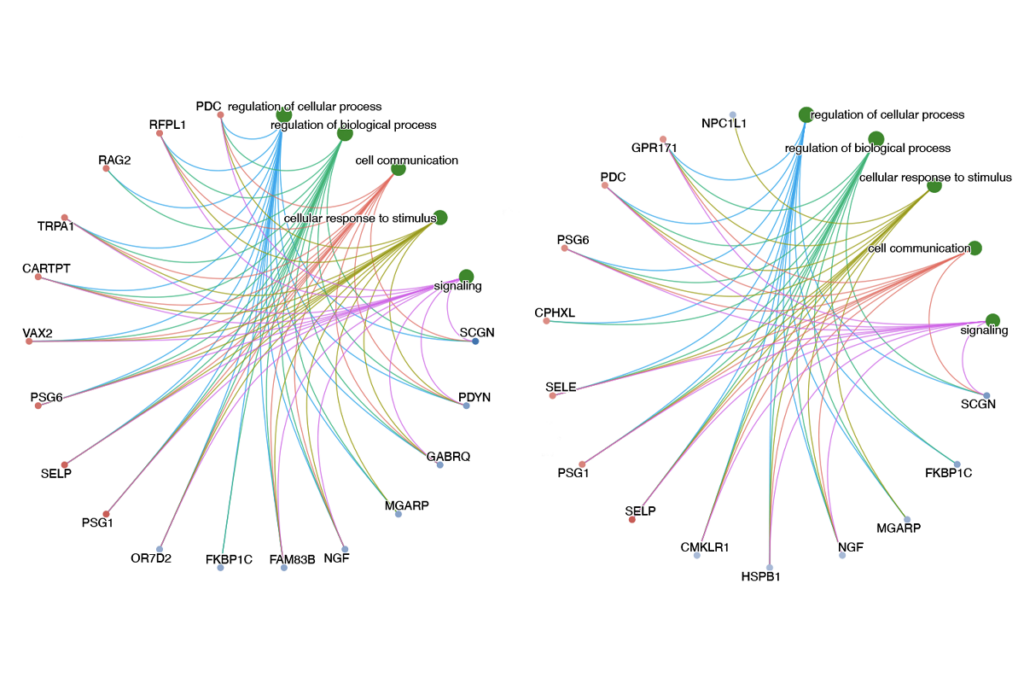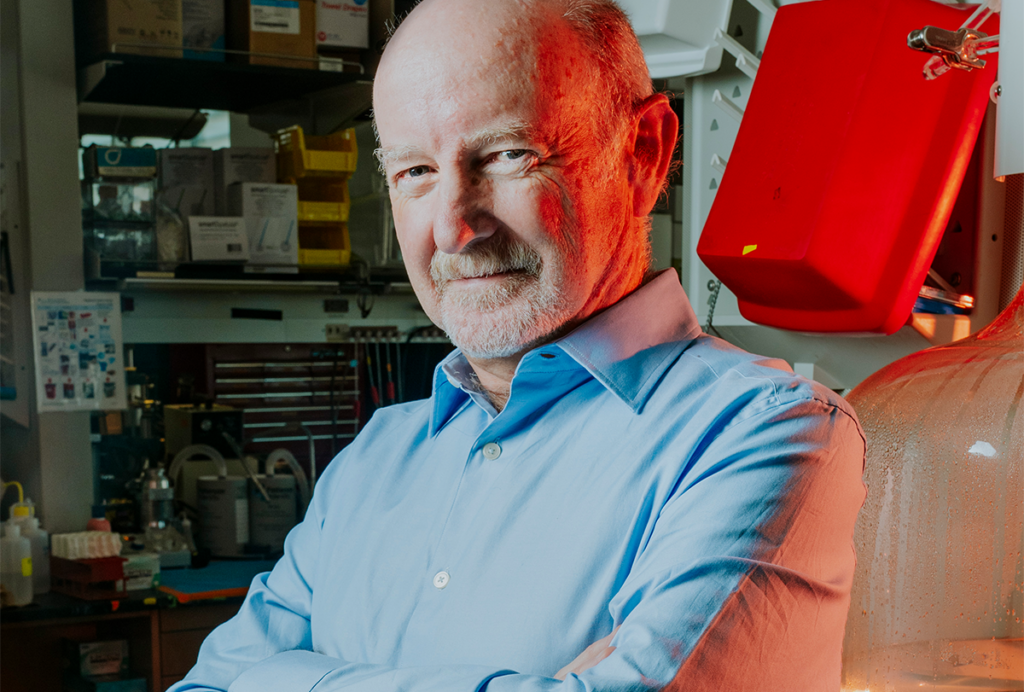Seeking counsel
Practical and ethical challenges in translational research could be better overcome if clinical researchers were to add genetic counselors to their teams, a new report argues.
Many parents of children with autism are eager to volunteer for studies aimed at discovering genetic risk factors for the disorder.
Unfortunately, the vast majority of people who initially show interest in participating in a clinical trial don’t follow through. Daunted by logistic, economic and privacy concerns, not to mention notoriously long and confusing consent forms, most of them eventually drop out of the process.
These hurdles could be overcome if clinical researchers were to add genetic counselors to their teams, argues a commentary published in March in Science Translational Medicine.
Genetic counselors are accustomed to discussing sensitive information with families. They are experts not only in genetics, statistics and risk calculations, but in communicating scientific facts. They know how to describe complicated science — the difference between a single nucleotide polymorphism and a copy number variation, say — in lay language.
Who better, then, to walk a patient through the befuddling consent form?
Once a study begins, counselors could also help guide researchers through sticky ethical situations. For example, if researchers find a risk gene in a healthy parent, should they let that parent know? What if they find a risk factor for a disease unrelated to autism?
Genetic counselors can help researchers write the protocols that dictate what’s appropriate to disclose to a participant and when. They can also help families put the information into context and make sound decisions.
Through their intimate and frank discussions with families, genetic counselors are also in a unique position to hear about significant symptoms, information that could potentially steer research.
Large academic medical centers are already using counselors in many studies because they have easy access to them at their institutions. But smaller groups should be trying to recruit counselors, too. The website of the National Society of Genetic Counselors is a good place to start.
Recommended reading

PTEN problems underscore autism connection to excess brain fluid

Autism traits, mental health conditions interact in sex-dependent ways in early development

New tool may help untangle downstream effects of autism-linked genes
Explore more from The Transmitter

Newly awarded NIH grants for neuroscience lag 77 percent behind previous nine-year average

